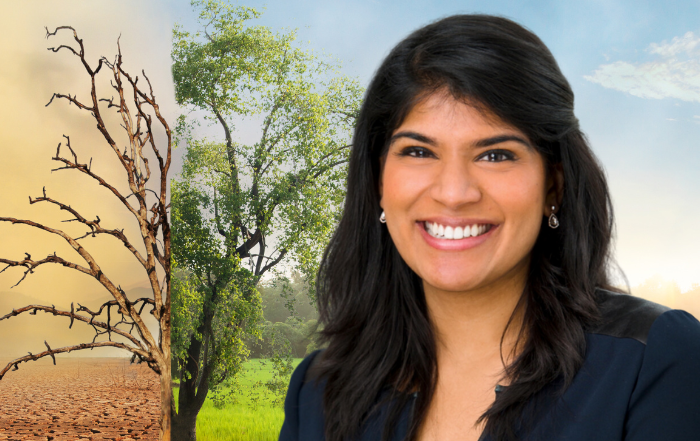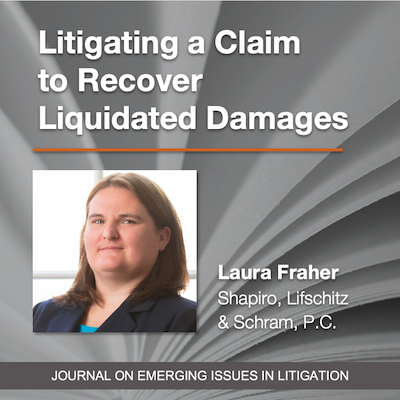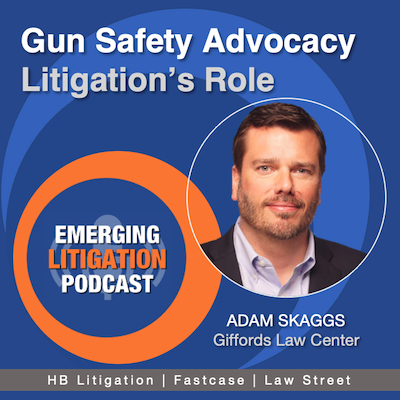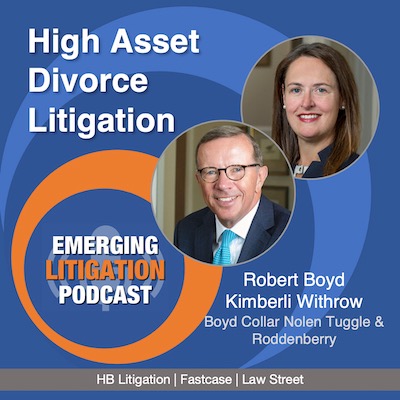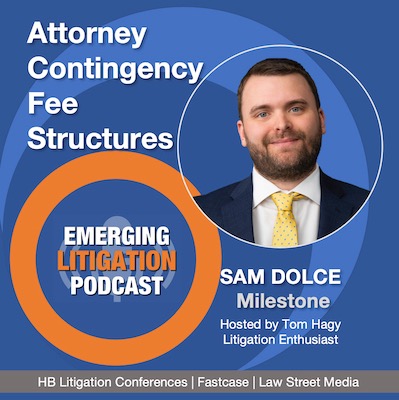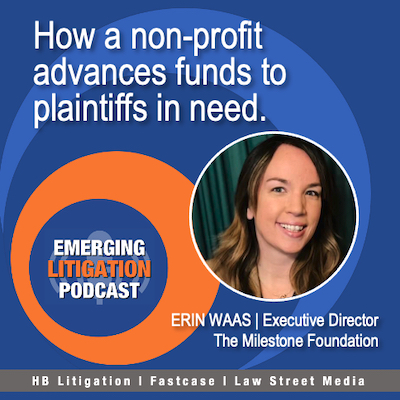Wildfire Litigation: Building a Case and Establishing Liability with Ed Diab
In this episode of the Emerging Litigation Podcast, you will discover the legal complexities of wildfire litigation as Ed Diab, founding partner of Diab Chambers LLP, unpacks the strategies used to establish liability against utility companies in the wake of Southern California’s devastating January 2025 wildfires. With over 100 lawsuits filed against power providers like Southern California Edison, plaintiffs—including public entities, individuals, and insurers—face an uphill battle proving negligence and inverse condemnation claims. Ed shares insights on case-building strategies, the role of expert investigations, key legal defenses raised by utilities, and the evolving litigation landscape. Tune in for a deep dive into how these high-stakes cases unfold. Don't miss this episode!






